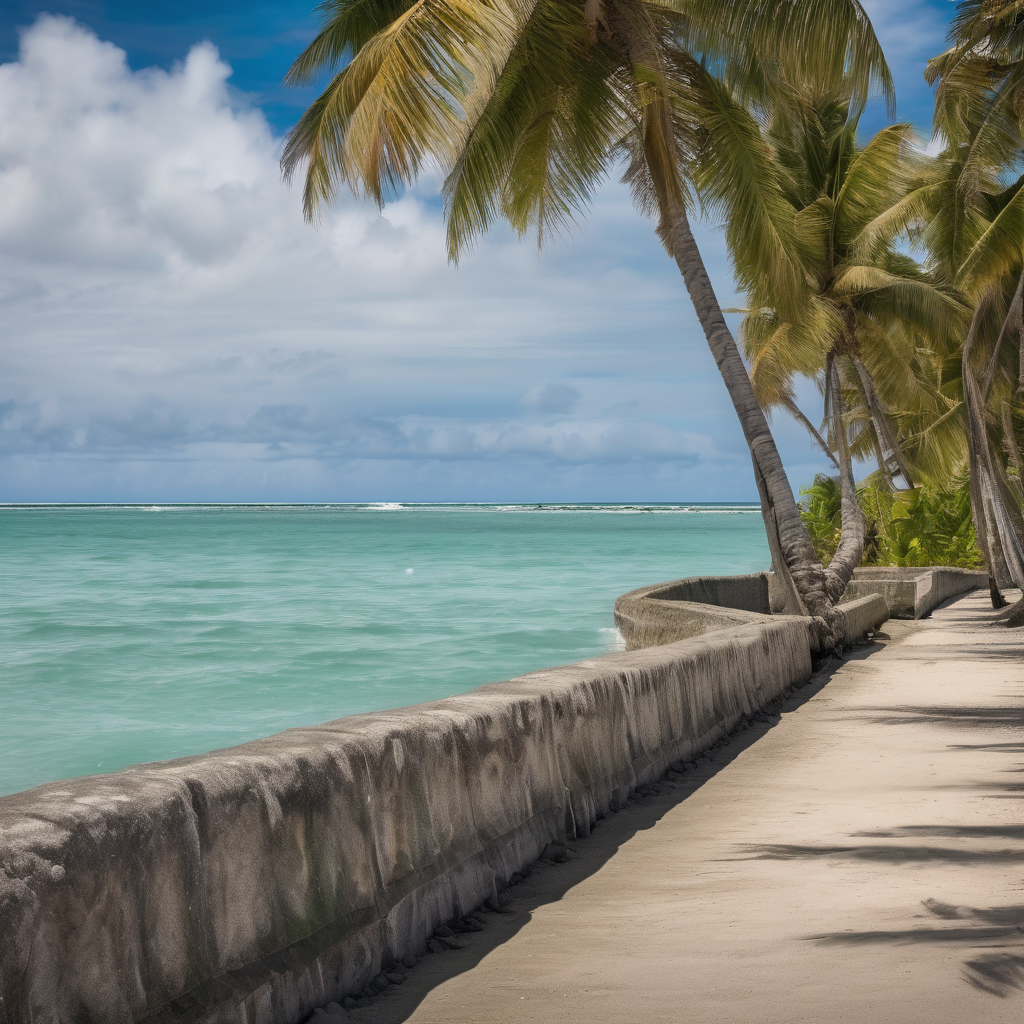At the 80th United Nations General Assembly, President Taneti Maamau of Kiribati delivered a powerful message, underscoring that his nation will meet the challenge of rising sea levels with determination and resilience. President Maamau rejected the narrative that portrays Kiribati as sinking, focusing instead on the nation’s proactive approaches in addressing climate challenges. He called for a global commitment to limiting climate warming to 1.5°C and emphasized the importance of international support through the Loss and Damage Fund to assist frontline nations in building resilience, protecting livelihoods, and preserving culture.
The Kiribati leader applauded the recent International Court of Justice decision, affirming the permanence of maritime zones despite the impacts of climate change. This decision is a significant reassurance for vulnerable countries like Kiribati. President Maamau also discussed the country’s efforts to enhance governance for better accountability, delivery of essential services, and endorsed treaties promoting peace, security, and environmental safeguarding.
Addressing the economic and environmental difficulties faced by small island nations, he advocated for the acceptance of the Multidimensional Vulnerability Index to boost access to developmental support. President Maamau highlighted Kiribati’s dedication to managing ocean resources and tackling illegal, unreported, and unregulated fishing due to its detrimental moral and economic effects.
President Maamau emphasized Kiribati’s transition towards renewable energy, focusing on solar power investments to decrease reliance on imported fuels. This pivot to sustainable energy is pivotal for national development and resilience. Furthermore, Kiribati plans to enhance healthcare with initiatives like sea ambulances and improved medical services to reduce the need for overseas patient referrals, highlighting a comprehensive approach to development.
In his closing remarks, President Maamau expressed optimism about the potential of multilateral efforts to promote global solidarity and prosperity. He advocated for a future of inclusivity, aligning his vision with other regional leaders like Fiji’s Prime Minister Sitiveni Rabuka and former Kiribati President Anote Tong. Both have underscored the importance of international responsibilities and climate resilience, contributing to a collective call for urgent global participation in ensuring that small island nations remain sustainable in the face of environmental challenges.
